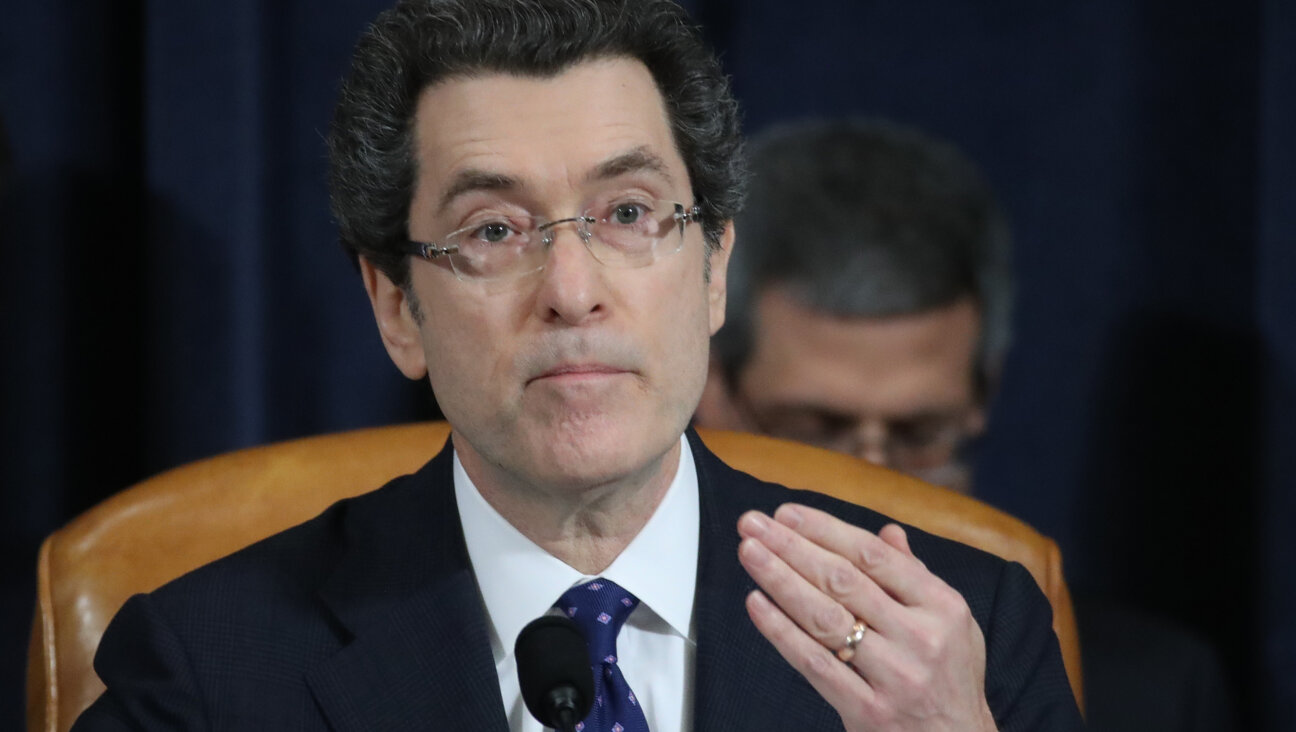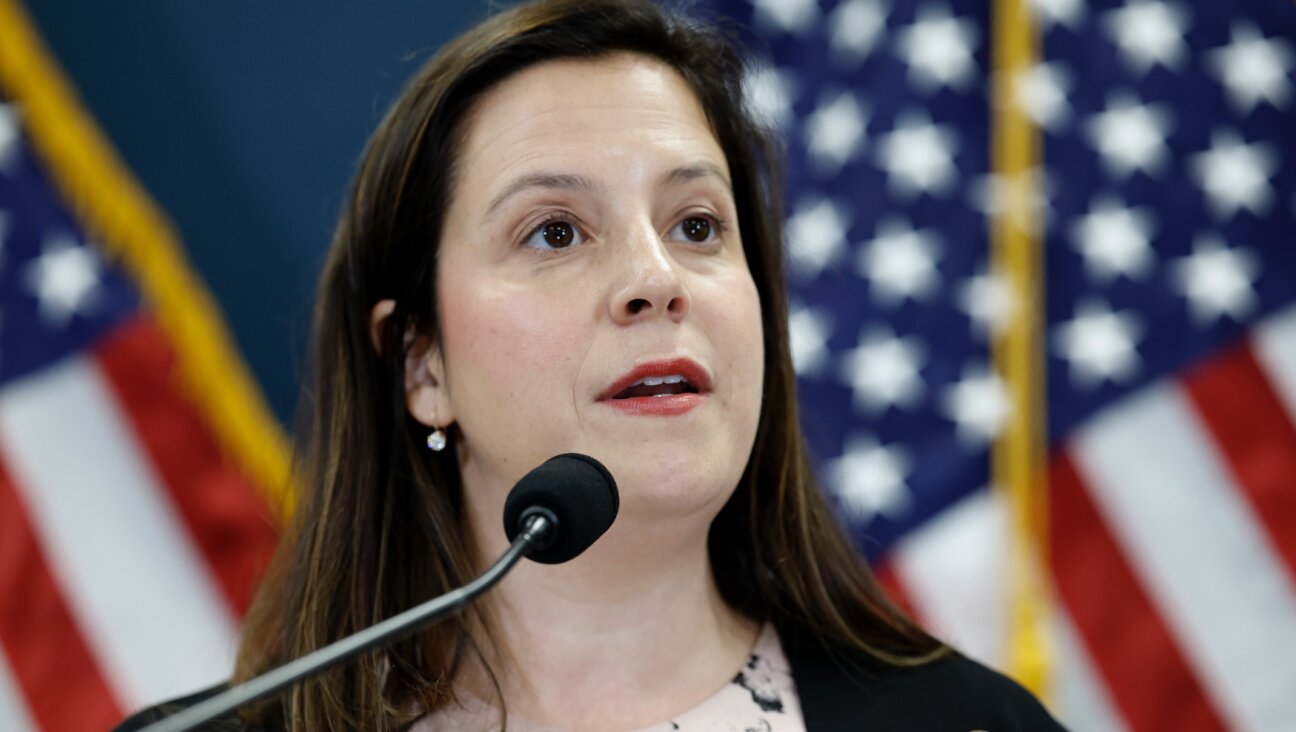Gaza Blockade Makes Recovery From War Impossible, Study Says

Image by Getty Images
Israel’s blockade of building materials for Gaza has created one of the highest levels of unemployment in the world and made it impossible for the small coastal enclave to recover from the war a year ago, aid agencies said on Wednesday.
Less than one percent of the materials needed for reconstruction have been allowed into the enclave, the international charity Christian Aid said.
Israel has blockaded Gaza, placing restrictions on people and goods leaving the enclave and goods entering it, since the Islamist group Hamas won power in Gaza in elections in 2006.
The blockade has isolated Gaza from the rest of the world, “helped to create some of the highest unemployment and aid dependency levels in the world, and must be brought to an end,” Christian Aid spokesman William Bell said in a statement.
Israel launched “Operation Protective Edge” on July 8, 2014 in response to rocket fire into Israel by militants in the Gaza Strip.
Israeli air strikes and shelling hammered the densely populated enclave for 50 days, causing widespread destruction of homes, schools and other buildings, and killing more than 2,100 Palestinians, mostly civilians.
Thousands of Gazans were made homeless, 100,000 homes were damaged and more than 12,000 destroyed, none of which have been rebuilt.
The aid agency Oxfam said Gaza’s economy was increasingly reliant on international aid, on which 80 percent of its 1.8 million residents depend.
Unemployment is among the highest in the world, with almost 68 percent of those under 24 jobless, it said.
The lack of opportunities is forcing a growing number of young people to risk their lives or arrest by trying to climb the border fence into Israel to look for work, Oxfam said.
The slow pace of reconstruction – estimated to take more than 70 years – means teenagers in Gaza will be old by the time it is completed, the agency said.
Israel put the number of its dead at 67 soldiers and six civilians.
















